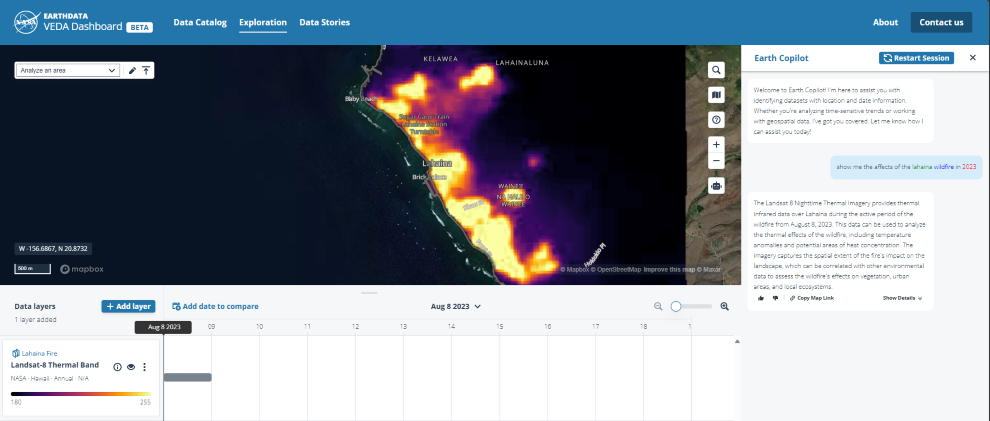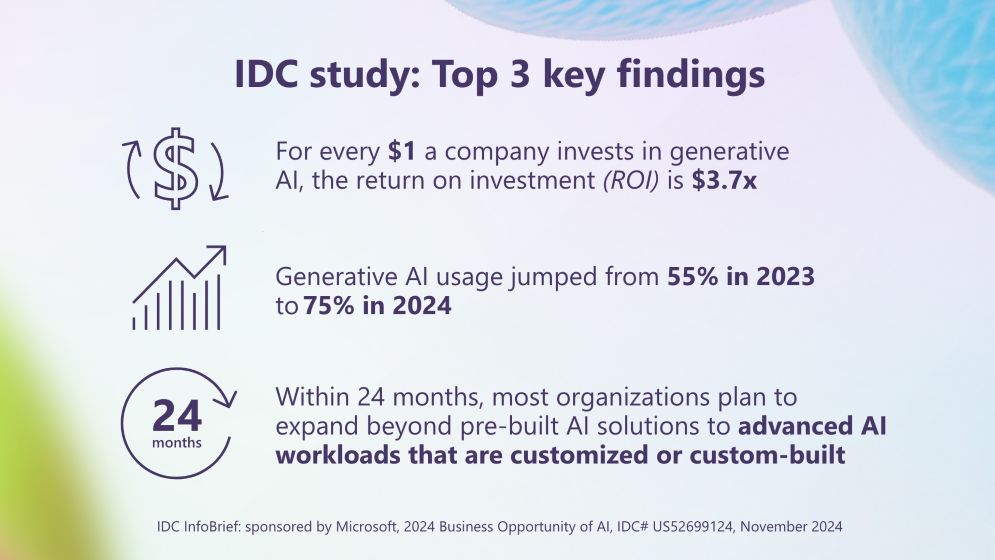Please Continue Supporting Private Link for Azure Function origins in Azure Front Door Premium
We recently opened a support case because we are no longer able to enable private link using the Azure Font Door User Interface in the Azure Portal to Azure Function origins that reside in our ILB Application Service Environment (ASE) V3 within an Isolated V2 Azure App Service plan. We need this feature enabled again, but we received the following response regarding this issue.
“We just received update on the issue from product level team, actually the private link is not supported for function app, it used to be worked by accident. So they started removing it now, they blocked it on portal, further they will be doing it for CLI/PowerShell as well. The previous function apps for which the private link is enabled and working fine will be disassociated at any time. Unfortunately, they suggested users to not go with private link for function apps anymore.”
Private link to Azure Functions apps running an Isolated V2 Azure App Service plan is supported by Azure Front door; the feature should continue to be supported and subject to the Azure Front Door SLA. It is possible to create Private Links from Azure Front Door to Azure Functions origins that reside in our ILB ASE V3 within an Isolated V2 Azure App Service plan. We have created Private Links from Azure Font Door to our Production Azure Functions, and they have been connected since 2022. The Azure Front Door documentation references that the product supports Private Link for both Azure App Service and Azure Function origins.
1. We were previously able to enable private link from Azure Front Door, using the User Interface in the Azure Portal, to Azure functions origins that reside in our ILB Application Service Environment (ASE) V3 within an Isolated V2 Azure App Service plan. The Azure Front Door documentation contains language that supports that Azure Front Door supports Private link for Azure App Service and Azure Functions origins.
Stated in the doc “Secure traffic to Azure Front Door origins.”
“Private Link origins
When you use the premium SKU of Front Door, you can use Private Link to send traffic to your origin. Learn more about Private Link origins.
You should configure your origin to disallow traffic that doesn’t come through Private Link. The way that you restrict traffic depends on the type of Private Link origin you use:
Azure App Service and Azure Functions automatically disable access through public internet endpoints when you use Private Link. For more information, see Using Private Endpoints for Azure Web App.”
Secure traffic to origins – Azure Front Door | Microsoft Learn
Stated in the doc “Connect Azure Front Door Premium to an App Service origin with Private Link using Azure CLI”
“Private endpoints requires your App Service plan or function hosting plan to meet some requirements….”
https://learn.microsoft.com/en-us/azure/frontdoor/standard-premium/how-to-enable-private-link-web-app-cli
2. Azure functions can run in an App Service plan and support for private endpoint and private link for Azure App Service and Azure Functions is generally available.
Azure Private Link availability | Microsoft Learn
Connect privately to an App Service apps using private endpoint – Azure App Service | Microsoft Learn
https://learn.microsoft.com/en-us/azure/azure-functions/functions-networking-options?tabs=azure-portal#private-endpoints
3. We are now unable to enable private link using the Azure Font Door User Interface in the Azure Portal to Azure functions origins that reside in our ILB ASE V3 within an Isolated V2 Azure App Service plan. We need this feature enabled again.
4. We are still able to enable private link to Azure function origins that reside in our ILB ASE V3 within an Isolated V2 Azure App Service plan with the Azure CLI.
I recently discovered the Note was added to the azure-docs on April 25th, 2024, which is after we opened our support incident: https://github.com/MicrosoftDocs/azure-docs/commit/6d7d40b4a9c0b1e843aa81a121ecb83468043803 The reference to Functions not being a supported feature is false and I request that is removed.
We recently opened a support case because we are no longer able to enable private link using the Azure Font Door User Interface in the Azure Portal to Azure Function origins that reside in our ILB Application Service Environment (ASE) V3 within an Isolated V2 Azure App Service plan. We need this feature enabled again, but we received the following response regarding this issue. “We just received update on the issue from product level team, actually the private link is not supported for function app, it used to be worked by accident. So they started removing it now, they blocked it on portal, further they will be doing it for CLI/PowerShell as well. The previous function apps for which the private link is enabled and working fine will be disassociated at any time. Unfortunately, they suggested users to not go with private link for function apps anymore.”Private link to Azure Functions apps running an Isolated V2 Azure App Service plan is supported by Azure Front door; the feature should continue to be supported and subject to the Azure Front Door SLA. It is possible to create Private Links from Azure Front Door to Azure Functions origins that reside in our ILB ASE V3 within an Isolated V2 Azure App Service plan. We have created Private Links from Azure Font Door to our Production Azure Functions, and they have been connected since 2022. The Azure Front Door documentation references that the product supports Private Link for both Azure App Service and Azure Function origins.1. We were previously able to enable private link from Azure Front Door, using the User Interface in the Azure Portal, to Azure functions origins that reside in our ILB Application Service Environment (ASE) V3 within an Isolated V2 Azure App Service plan. The Azure Front Door documentation contains language that supports that Azure Front Door supports Private link for Azure App Service and Azure Functions origins.Stated in the doc “Secure traffic to Azure Front Door origins.”“Private Link originsWhen you use the premium SKU of Front Door, you can use Private Link to send traffic to your origin. Learn more about Private Link origins.You should configure your origin to disallow traffic that doesn’t come through Private Link. The way that you restrict traffic depends on the type of Private Link origin you use:Azure App Service and Azure Functions automatically disable access through public internet endpoints when you use Private Link. For more information, see Using Private Endpoints for Azure Web App.”Secure traffic to origins – Azure Front Door | Microsoft Learn Stated in the doc “Connect Azure Front Door Premium to an App Service origin with Private Link using Azure CLI”“Private endpoints requires your App Service plan or function hosting plan to meet some requirements….”https://learn.microsoft.com/en-us/azure/frontdoor/standard-premium/how-to-enable-private-link-web-app-cli2. Azure functions can run in an App Service plan and support for private endpoint and private link for Azure App Service and Azure Functions is generally available.Azure Private Link availability | Microsoft LearnConnect privately to an App Service apps using private endpoint – Azure App Service | Microsoft Learnhttps://learn.microsoft.com/en-us/azure/azure-functions/functions-networking-options?tabs=azure-portal#private-endpoints3. We are now unable to enable private link using the Azure Font Door User Interface in the Azure Portal to Azure functions origins that reside in our ILB ASE V3 within an Isolated V2 Azure App Service plan. We need this feature enabled again.4. We are still able to enable private link to Azure function origins that reside in our ILB ASE V3 within an Isolated V2 Azure App Service plan with the Azure CLI.I recently discovered the Note was added to the azure-docs on April 25th, 2024, which is after we opened our support incident: https://github.com/MicrosoftDocs/azure-docs/commit/6d7d40b4a9c0b1e843aa81a121ecb83468043803 The reference to Functions not being a supported feature is false and I request that is removed. Read More












